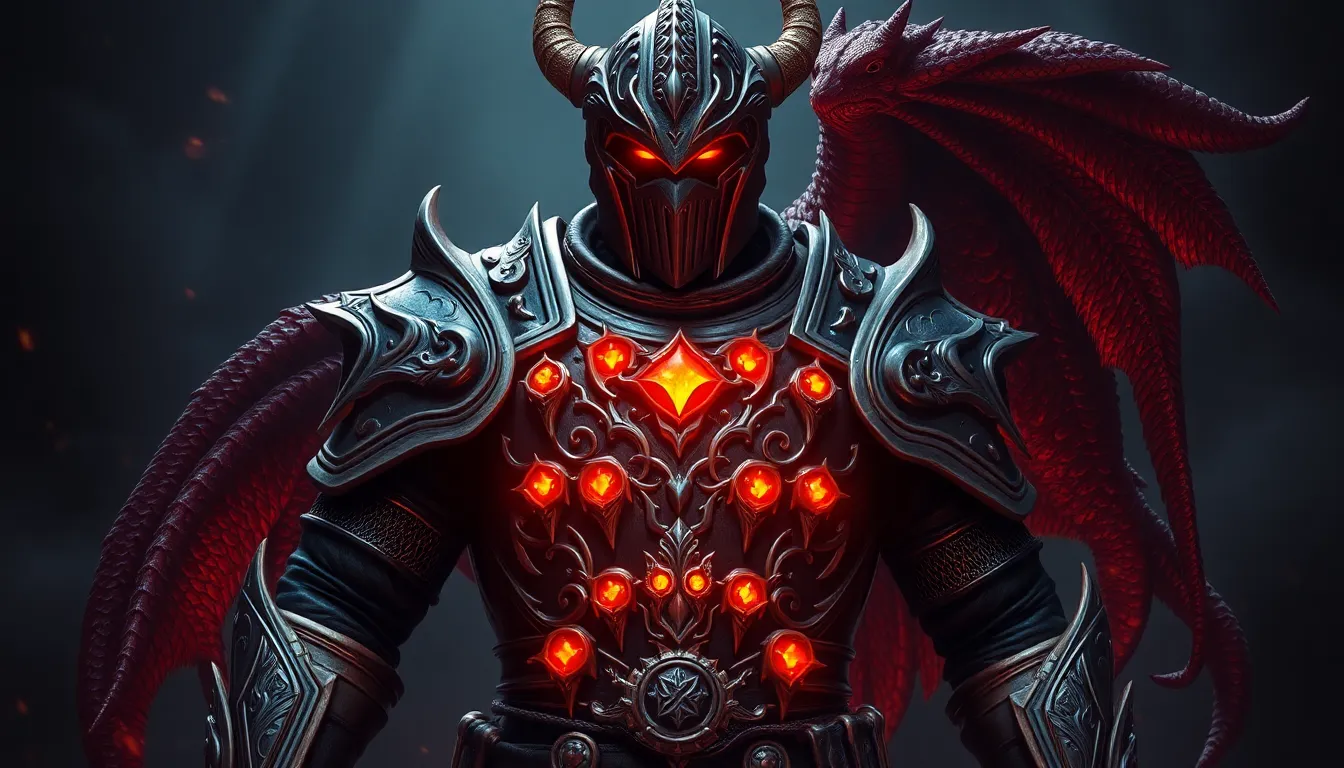Moral Myths and the Role of Community: Lessons from Legends
Introduction: Defining Moral Myths and Community
Moral myths are narratives that convey ethical lessons, often intertwined with cultural values and beliefs. These stories serve not only to entertain but also to instill moral virtues, guiding individuals on how to behave within their society. Communities play a pivotal role in shaping, sustaining, and passing down these myths from generation to generation, ensuring that the ethical principles they embody are preserved.
This article explores how legends reflect moral values and foster community cohesion, serving as vital instruments for socialization and collective identity.
The Nature of Moral Myths: Origins and Functions
Moral myths have existed across cultures for centuries, providing a historical context that enriches our understanding of human behavior and societal norms. They originate from the need to explain the unexplainable, offer moral guidance, and reinforce community bonds.
The psychological and sociological functions of myths are profound:
- Conveying Moral Lessons: Myths often encapsulate fundamental truths about right and wrong, teaching individuals the consequences of their actions.
- Cohesion and Identity: Myths contribute to a shared identity among community members, fostering a sense of belonging.
- Behavioral Guidance: These stories shape ethical behavior by providing models of virtuous conduct.
The interplay between myth and morality is crucial; as stories shape ethical behavior, they also reflect the moral frameworks of the societies from which they originate.
Legends as Cultural Narratives
Legends are a subset of moral myths, often based on historical events or figures, embellished over time. They differ from traditional myths and folklore in that they are generally more recent and may have a basis in reality.
Examples of well-known legends include:
- King Arthur: A tale of chivalry, loyalty, and the quest for justice.
- Robin Hood: A narrative that emphasizes the values of social justice and resistance against tyranny.
- Hercules: Stories that illustrate the virtues of perseverance and courage.
These legends serve as mirrors to societal values, showcasing what communities deem important and worth emulating.
Community as a Keeper of Myths
Communities act as custodians of moral myths, preserving and transmitting these narratives through generations. Various methods facilitate this process:
- Rituals: Ceremonies often incorporate mythological elements, reinforcing collective memory.
- Storytelling: Oral traditions play a crucial role in sharing legends, allowing for personal interpretations that keep the myths relevant.
Case studies of communities that have successfully maintained their moral myths reveal the strength of these narratives in shaping communal identity. For instance, Indigenous cultures often use storytelling as a means to educate younger generations about their values and history.
Moral Myths in Action: Case Studies from Diverse Cultures
Examining specific legends from various cultures highlights the moral lessons embedded within them:
- Native American Legends: Many stories emphasize the importance of nature and respect for the earth, teaching lessons about sustainability.
- African Folktales: Tales often focus on community cooperation and the consequences of greed, promoting values of sharing and collective responsibility.
- Greek Myths: Stories like that of Prometheus illustrate themes of sacrifice and the value of knowledge, and often caution against hubris.
These legends not only impart moral lessons but also address contemporary community issues, offering insights into modern ethical dilemmas.
The Impact of Modernity on Moral Myths
As globalization and technological advancements reshape our world, moral myths face new challenges. The shifts in community dynamics have profound effects:
- Globalization: The blending of cultures can dilute traditional narratives, leading to the loss of unique moral frameworks.
- Technological Advancements: The rise of digital media alters how stories are shared and consumed, often prioritizing entertainment over moral education.
Social media plays a significant role in reshaping and sharing moral myths, allowing for rapid dissemination but also potential misinterpretation.
Lessons from Legends: Ethical Implications for Today’s Society
The lessons gleaned from moral myths are increasingly relevant in addressing modern ethical dilemmas. For example:
- Legends can inspire community action, mobilizing individuals for social justice movements.
- Myth-based narratives provide frameworks for discussing moral relativism, grounding debates in shared cultural stories.
These narratives can motivate people to engage in ethical behavior and address pressing societal issues, thereby strengthening community bonds.
The Role of Education in Sustaining Moral Myths
Integrating moral myths into educational curricula is vital for nurturing ethical understanding and community values. Strategies include:
- Storytelling: Utilizing myths in classrooms to teach moral lessons fosters critical thinking and personal reflection.
- Community Initiatives: Programs that promote local legends can strengthen community ties and enhance cultural awareness.
Education plays a crucial role in ensuring that these narratives continue to resonate with new generations, adapting them while preserving their core messages.
Critiques and Challenges of Moral Myths
While moral myths have significant positive impacts, they also face critiques. Limitations include:
- Misinterpretations: Myths can be misunderstood, leading to the perpetuation of harmful stereotypes.
- Cultural Appropriation: The sharing of legends across cultures raises ethical questions about ownership and representation.
- Critical Engagement: There is a necessity for communities to engage with moral myths critically, ensuring they evolve and remain relevant.
Addressing these challenges requires a thoughtful approach to the preservation and interpretation of moral myths, ensuring they serve their intended purpose in fostering ethical behavior and community cohesion.



